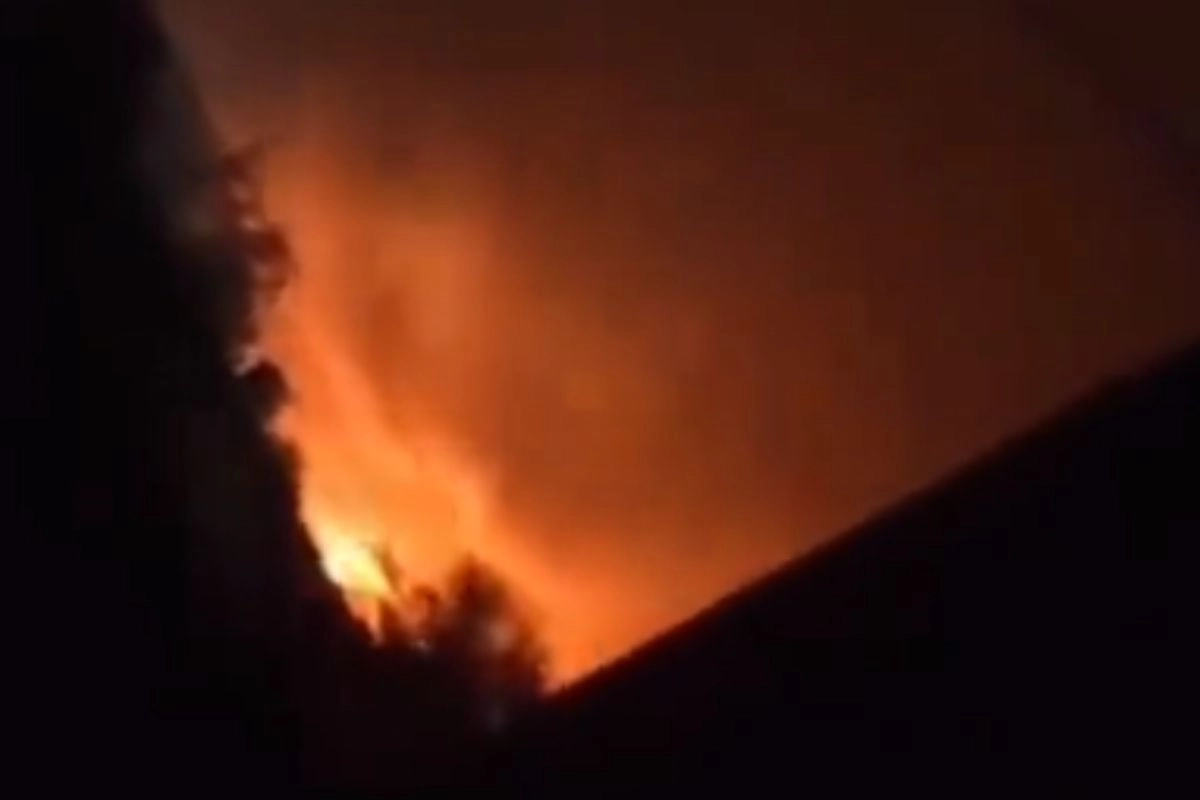The government designated 18 Pakistan-based individuals as ‘terrorists’ under the anti-terrorism law, Unlawful Activities (Prevention) Act, on Tuesday.
The list comprised most wanted terrorists including those involved in the 1993 Mumbai serial blasts, 26/11 Mumbai attacks, IC 814 hijacking, Pathankot airbase attack and the 2019 Pulwama suicide bombing.
Earlier, only terror outfits could be designated as such under the stringent law and not individuals.
The amended anti-terror Act, passed by Parliament in August 2019, introduced a provision to designate as “terrorists” individuals who commit or participate in acts of terrorism, prepare for them, or promote or encourage such acts.
“All of them are based in Pakistan and operating from there. By declaring them terrorists we have strengthened our claim in the fight against terror,” a senior Home Ministry official stated.
Those designated as terrorists include Hizb-ul-Mujahideen commander Syed Salahudeen, founders of Indian Mujahideen Riyaz and Iqbal Bhatkal and gangster Dawood Ibrahim’s close aide Chota Shakeel.
Abdur Rehman Makki, the brother-in-law of LeT chief Hafiz Saeed, is also among the 18 named.
The MHA said the Bhatkal brothers were involved in various terrorist acts in India, including the blasts at German Bakery in Pune (2010); Chinnaswami Stadium, Bangalore (2010); Jama Masjid (2010); Sheetlaghat (2010), Mumbai (2011) and serial blasts at Jaipur (2008), Delhi (2008), Ahmedabad and Surat (2008).
The UAPA, enacted in 1967, was first amended in 2004, and later again in 2008 and 2013. The 2004 amendment allowed the government to ban 34 terrorist outfits, including Lashkar-e-Taiba (LeT) and Jaish-e-Mohammad.












